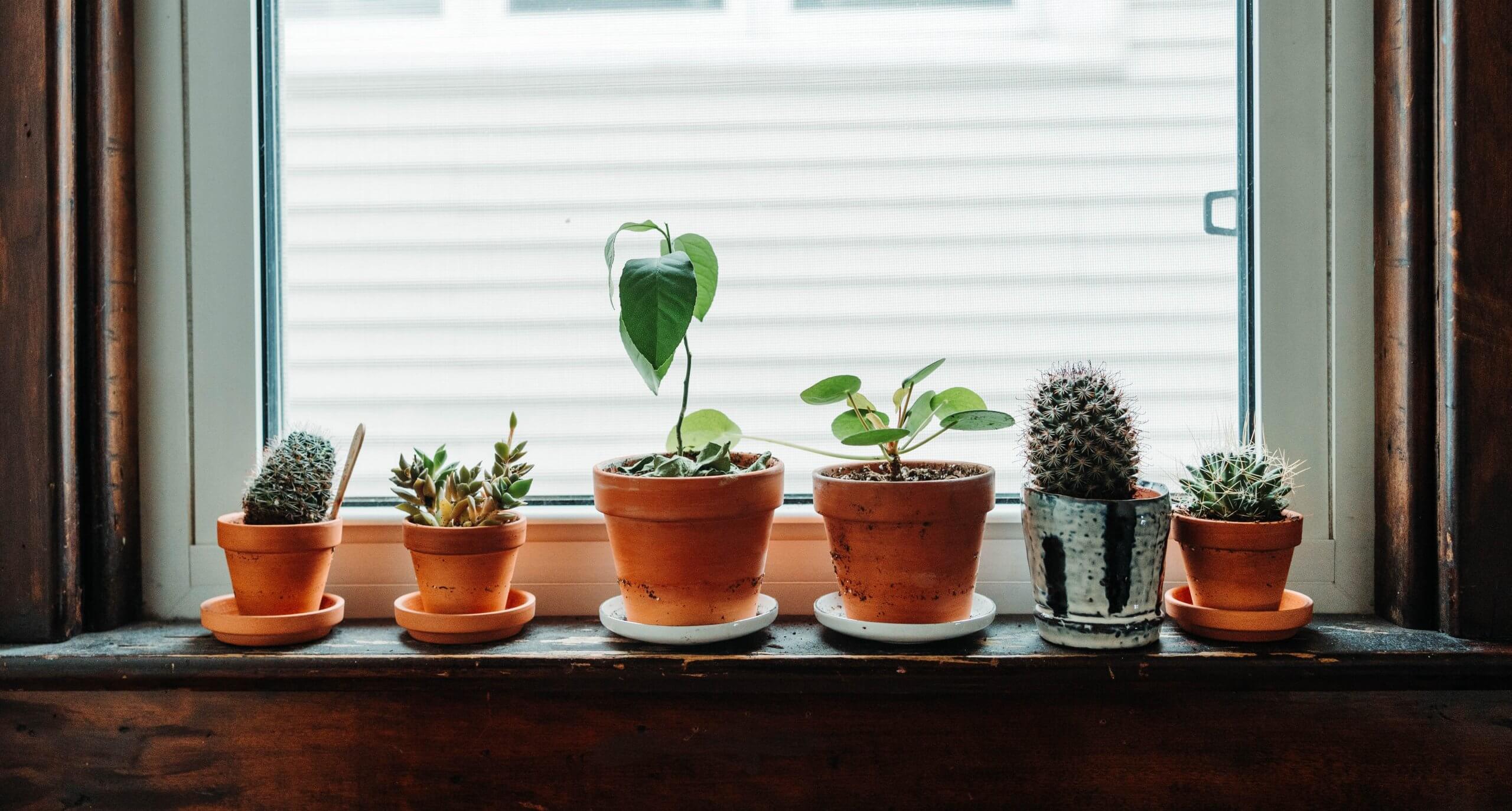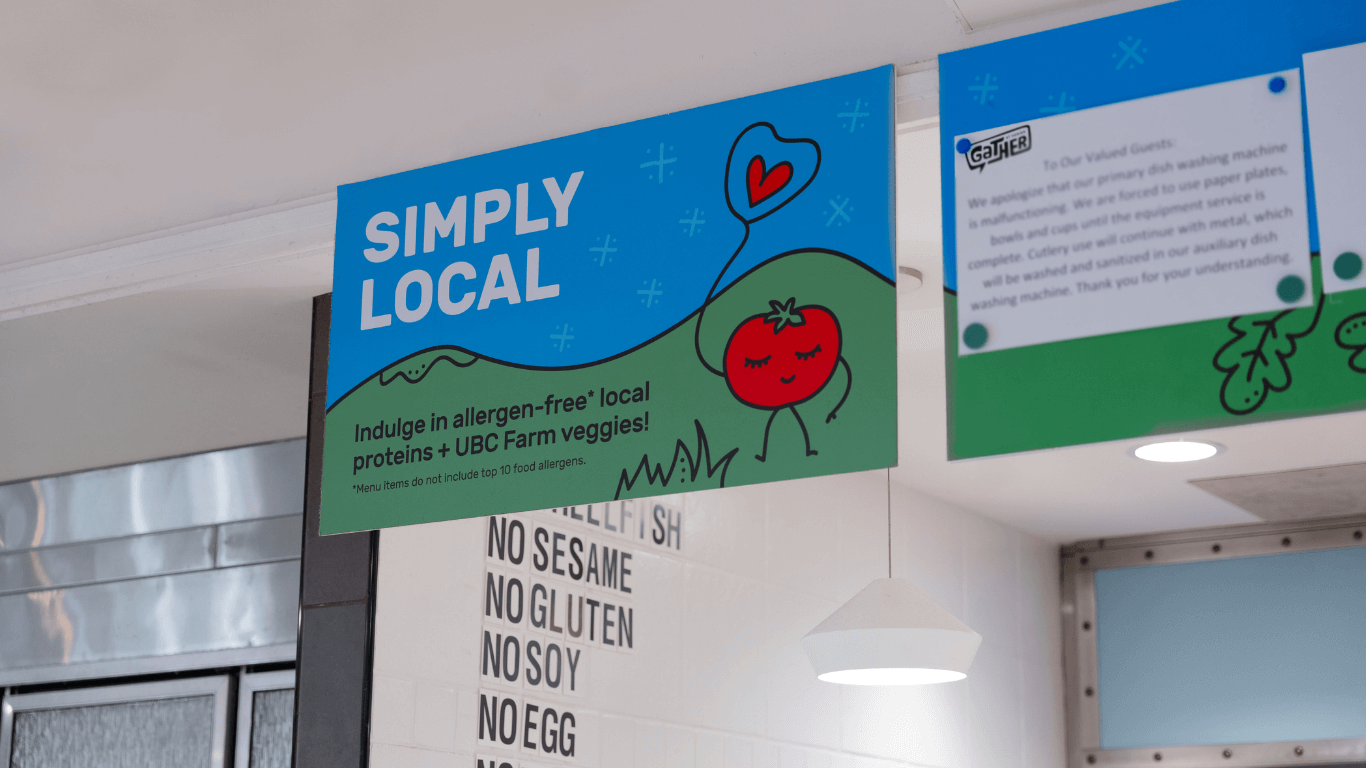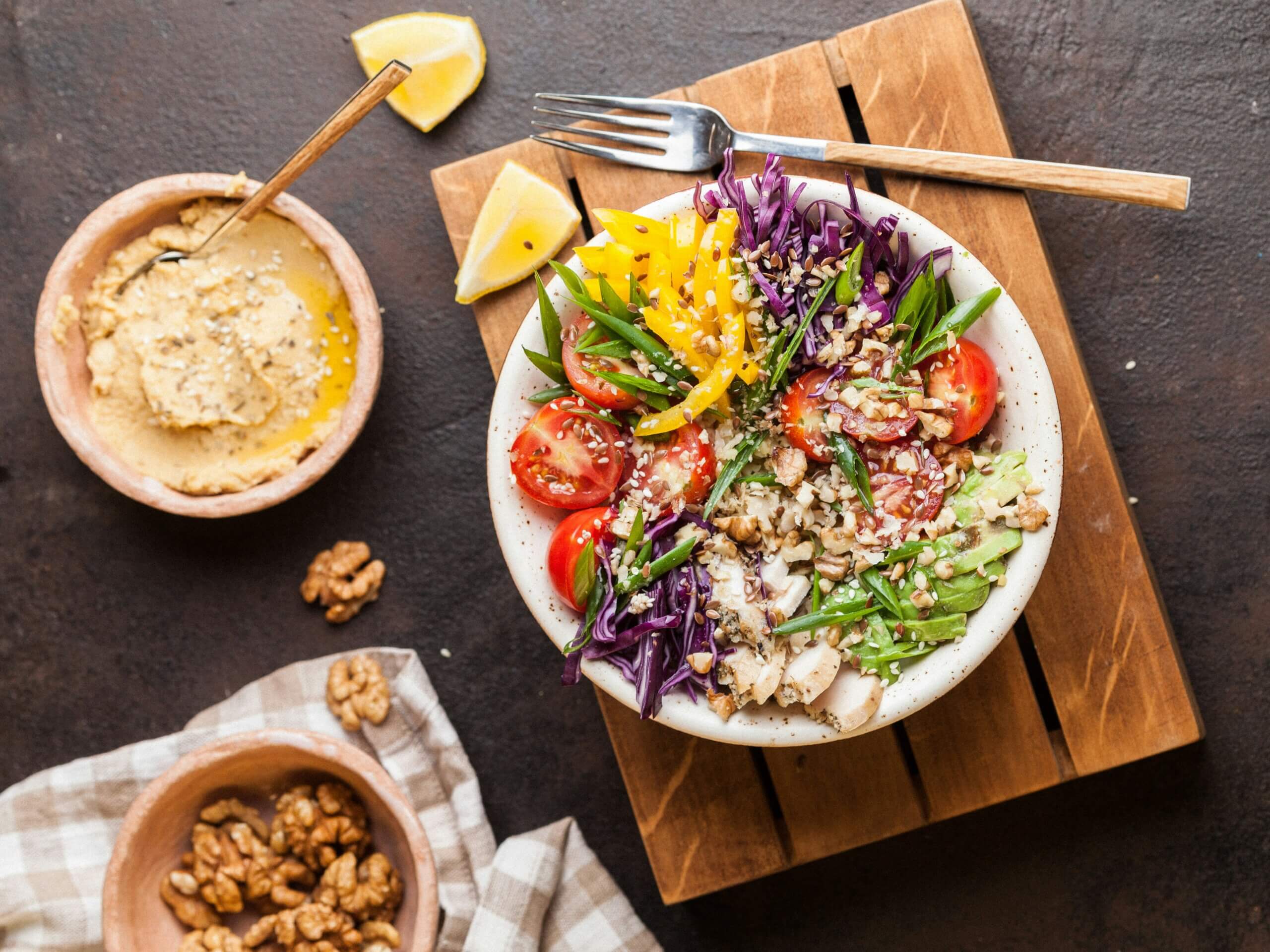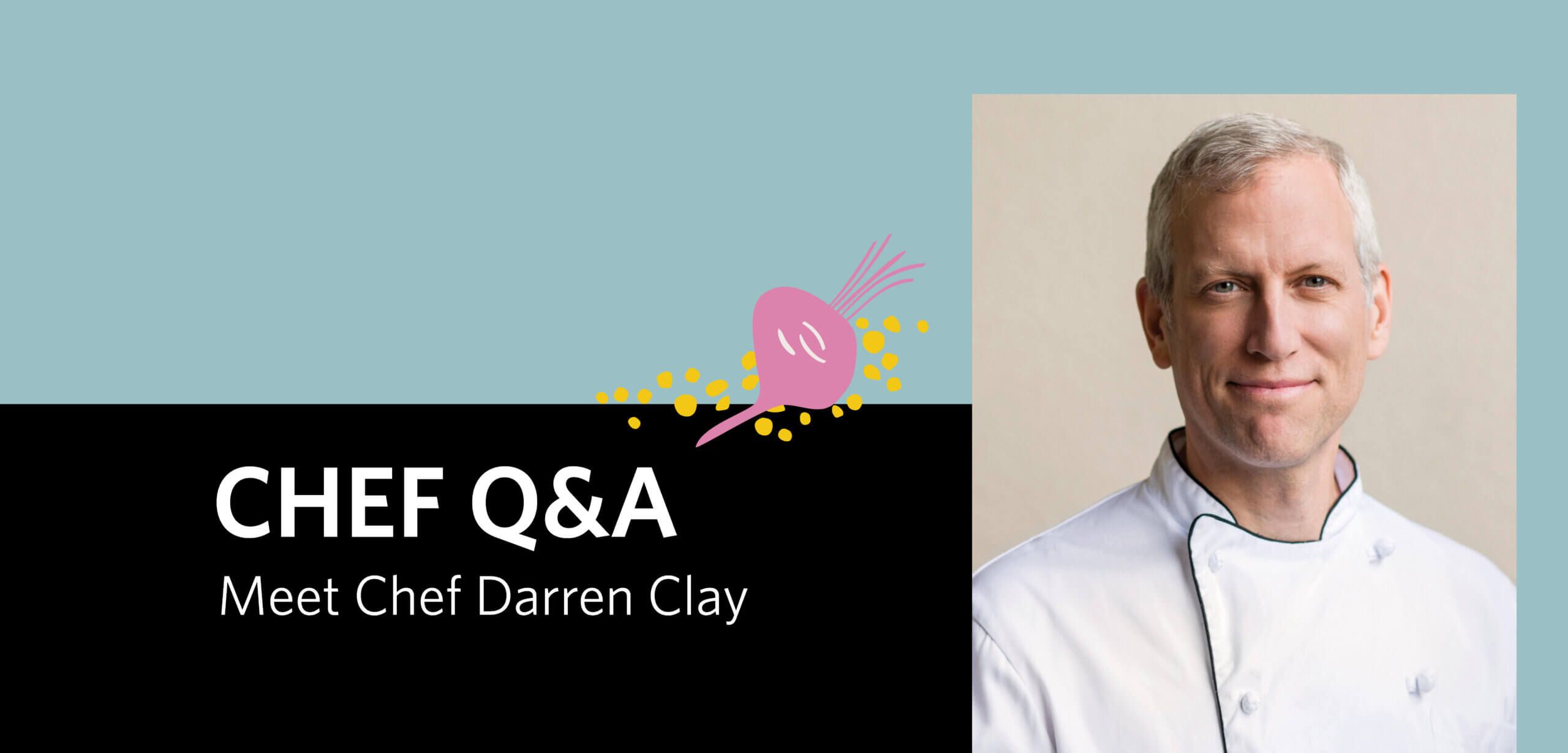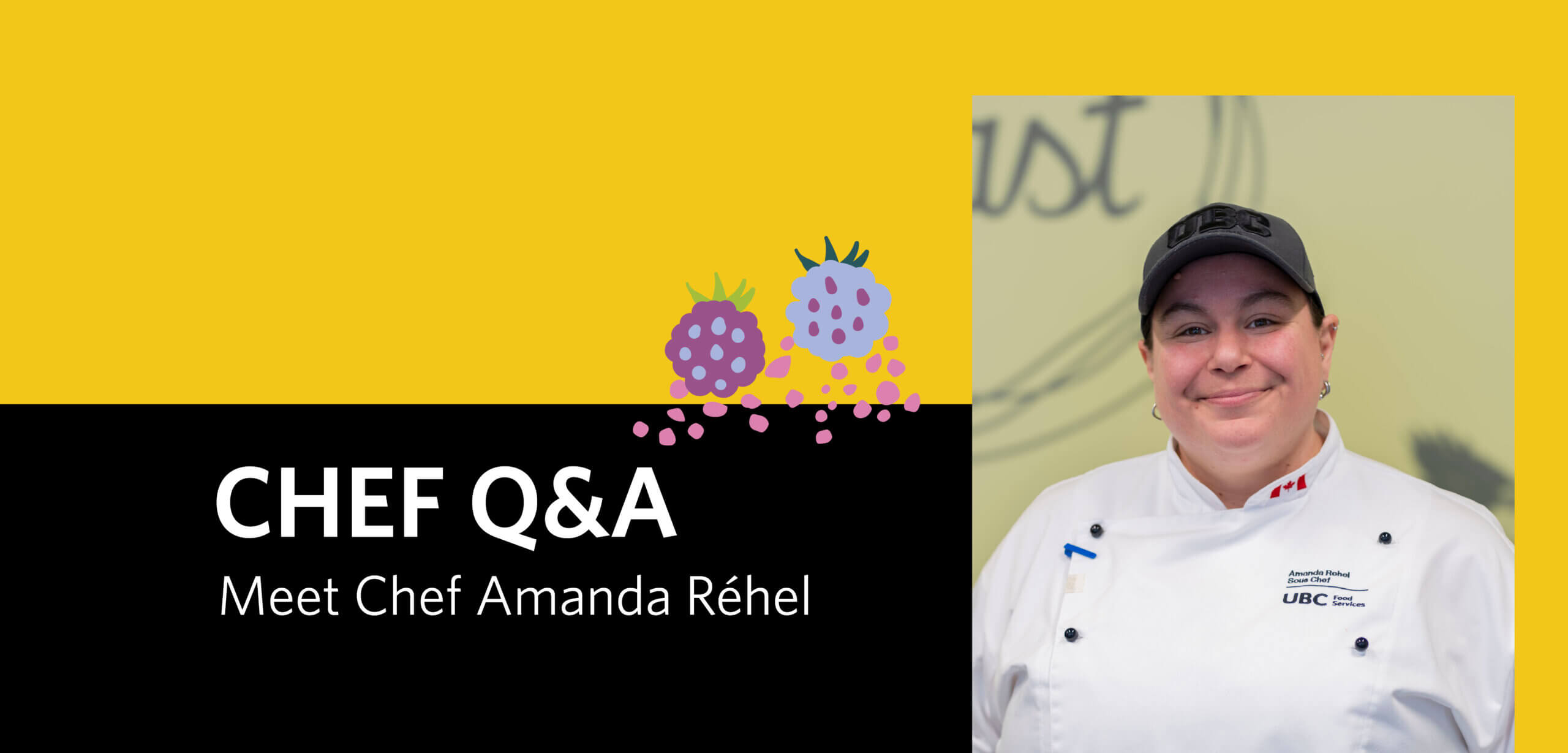This blog post is part 2 of a two part series on mental health and nutrition. If you have not already, check out part 1 of the series: Nutrition and Mental Health: From Plate to Mind to learn some nutrition tips that support your mental health. Keep on reading to learn strategies for self-help that you can add into your life.
What is Self-Help?
Self-help is defined as the activity of providing what you need for yourself and using strategies to better understand your thoughts, emotions, and behaviours to improve your mental health. Self-help is a broad term that can bring up a lot of questions and perceptions about it, but generally can help individuals deepen their self-awareness, coping skills, and improving/regulating emotions.
As the name suggests, it focuses on self-guided instead of professional guided efforts to cope with life problems. Specifically in university, there are a lot of environmental and emotional changes that can be increased depending if one moves away from home for the first time, struggling with academic transitions, or stresses related to growing older. In these cases, self-help may be more necessary due to different social supports in your life such as being away from your immediate family.
Finding self-help strategies that work for you in coping with specific challenges is very important during transitions in your life. However, self-help does have its limits, and we do recommend those undergoing more severe or challenging mental health concerns to seek external help - especially when things feel like they are out of your control or capacity.
Coping Strategies
There are a lot of coping strategies available for a variety of mental health stressors. Healthlink BC has a great list of coping strategies, we’ve added some nutrition related examples to their list below:
- If we feel afraid to make changes, try to remember that there’s no such thing as “winning” at your health. Change doesn’t have to be all or nothing, you can try to make small changes. If you use white bread, try a whole grain option this week. Or just try something new, never used kale before? Give it a try! You’d be surprised how one small change can lead to another.
- If we feel like we’re not good at changing, we can try to shift our mindset. Try not to think of this as changing, it’s adding or modifying what and how you eat to help you in the long run. Also, you make choices and changes everyday, even if you don’t think of it as changing. If you’re making a recipe and you don’t have an ingredient, that’s okay, it’s just a change from the last time you made it. You might have the same breakfast every weekday, but mix it up on the weekend and go out to brunch, that’s a change too! You don’t need to change to be able to add some more variety to your meals.
- If we feel like there’s not enough time, that’s okay. Maybe today there just isn’t enough time. Not every meal has to have a purpose, and there is no judgment. If there’s not enough time right now, then eating anything at all is good enough. Your body needs fuel, that is the most important part. Maybe there’s more time tomorrow, or on the weekend. Some snacks that don’t require any prep work: a piece of fruit, a handful of nuts, a granola bar.
- If we feel like we don’t like or want healthy foods, then think about what you do like! What could you add to that using some of the balanced meals concepts? Changing your diet completely isn’t the answer, it’s about how to modify and add foods that will support you and your mental health. Add fruits and vegetables to your meals, choose whole grains and drink water.
- If we feel like we’ll be made fun of for eating healthier, then it’s important to remember that prioritizing your health will always matter, and will always be worth it. Maybe the people that would make fun of you don’t have your best interests at heart. Maybe they’re facing their own barriers to healthy eating. It’s not your job to change someone else’s mind, and remember that prioritizing your health also means that sometimes we don’t have the capacity to dig deeper with someone else. That’s okay too.
- If you feel like you’re not motivated to make anything new, it’s understandable. It can be easy to stick to the same things every day because it’s convenient, but that can get uninspiring. Nourishing your body can be joyous, food can be exciting! Find inspiration online through food TikToks, reels, or websites to find something new.
- If you feel like there’s too many rules or that there’s foods you shouldn’t be eating, please remember that the purpose of food and eating is not to make you feel bad, or stressed or overwhelmed. Eating and fueling yourself throughout the day is an important part of mental health.
- If you feel like you don’t have enough energy to make and eat food, sometimes that’s okay, you may not be hungry at that moment, but eating regularly will help you build up your energy. It’s important to listen to our bodies when we’re hungry, but your body needs to have enough fuel to be able to talk to you. If you give your body energy, you will get more energy from your body, so any fuel you can get in, please try.
- If you feel like you’re struggling with eating, please contact a healthcare professional such as a dietitian or a counselor to help you on a more individual basis. Remember these tips are general and are not meant to replace the advice of your personal healthcare practitioner.
Student Recommended Self Care-Strategies
- Katie: “I have 2 cats and I make time for cat cuddles every day. When I need a moment to refocus, I look at pictures of my cats and of other important people in my life, it helps me keep perspective. I’ve been trained in mindfulness, and while it’s not something I always prioritize, taking a 5 minute meditation every day is very effective to help keep my mind in the present. I find when I can keep my mind in the present, not obsess over the past or worry about the future, it’s easier for me to concentrate. I also work with a mental health professional because I recognize there are some things that are too big for me to work through on my own.”
- Chanel: “Most of my self-care methods in my life are surrounded by things I can do for my body and soul. Moreover, putting time into myself helps me appreciate and focus on my own being. Things such as doing my makeup everyday and making sure this process is not rushed gives me a moment to myself at the beginning of the day. Committing 20 minutes of my time makes me prepared for my day with a clear mind. For those not interested in makeup, it can be putting cream on in the morning or doing affirmations to yourself in the mirror. For me, it's finding the joy in the little things and finding at least a little nugget in your day that is just reserved for you!”
Takeaway
Adding self-help strategies in our lives can be a great way to combat the stressors that life brings. Taking small steps to do this and being kind and gentle with yourself is key. Be sure to set a few goals and build your own plan by working through this handout here.
